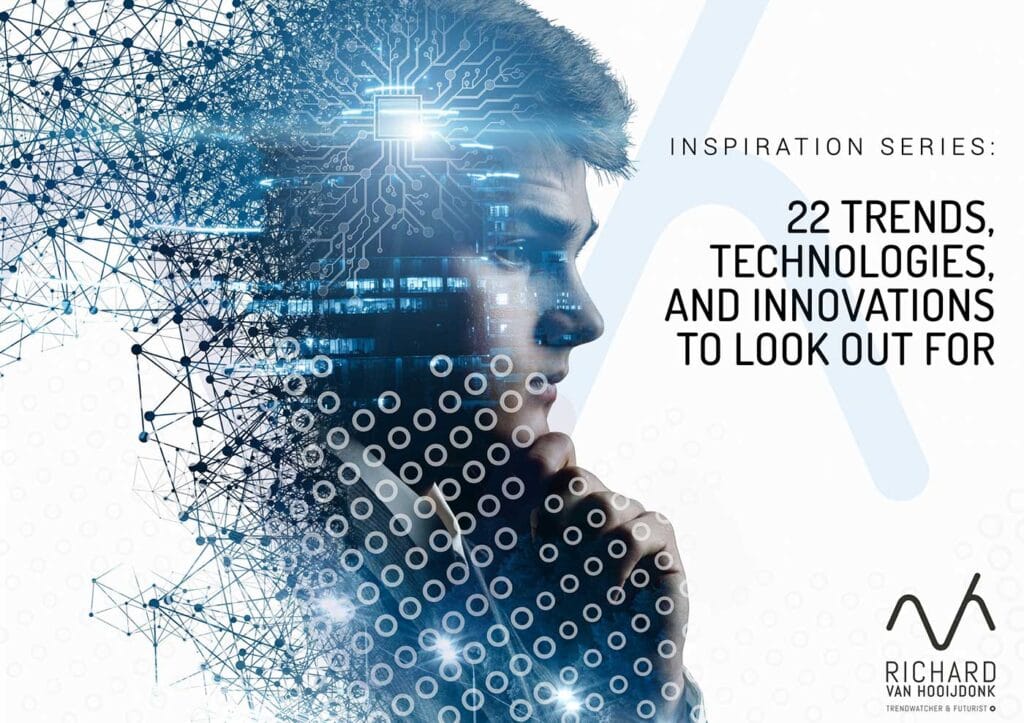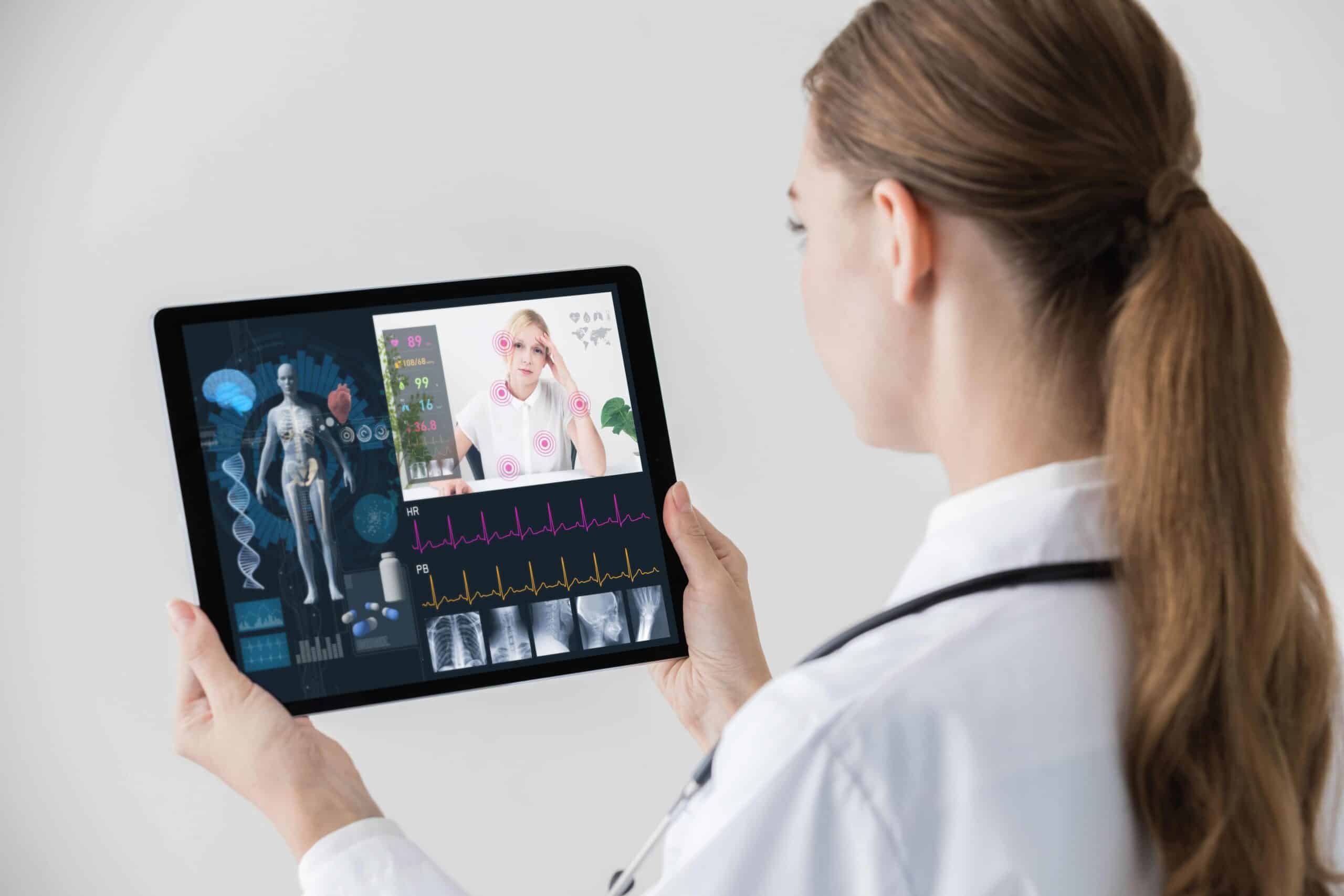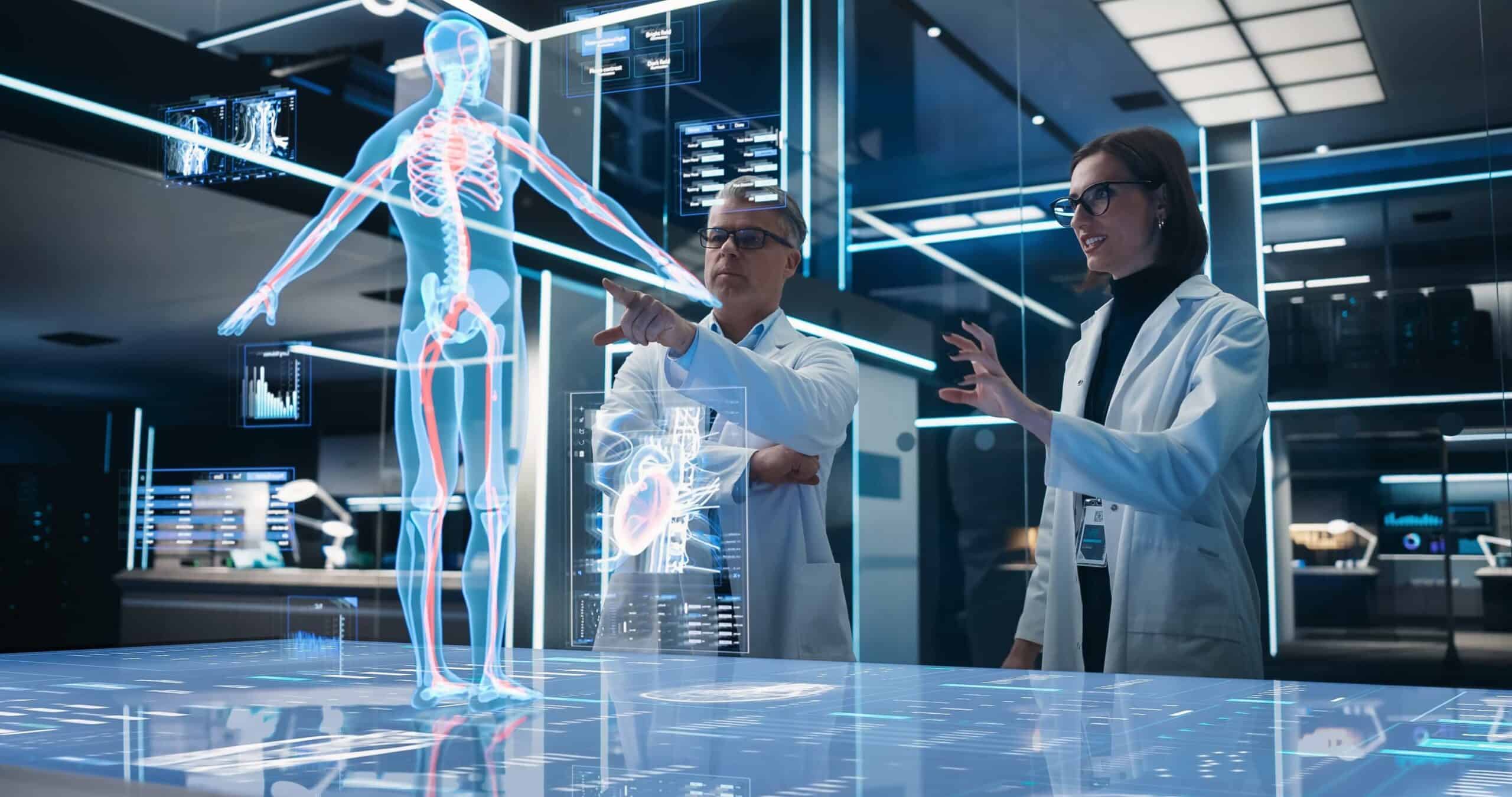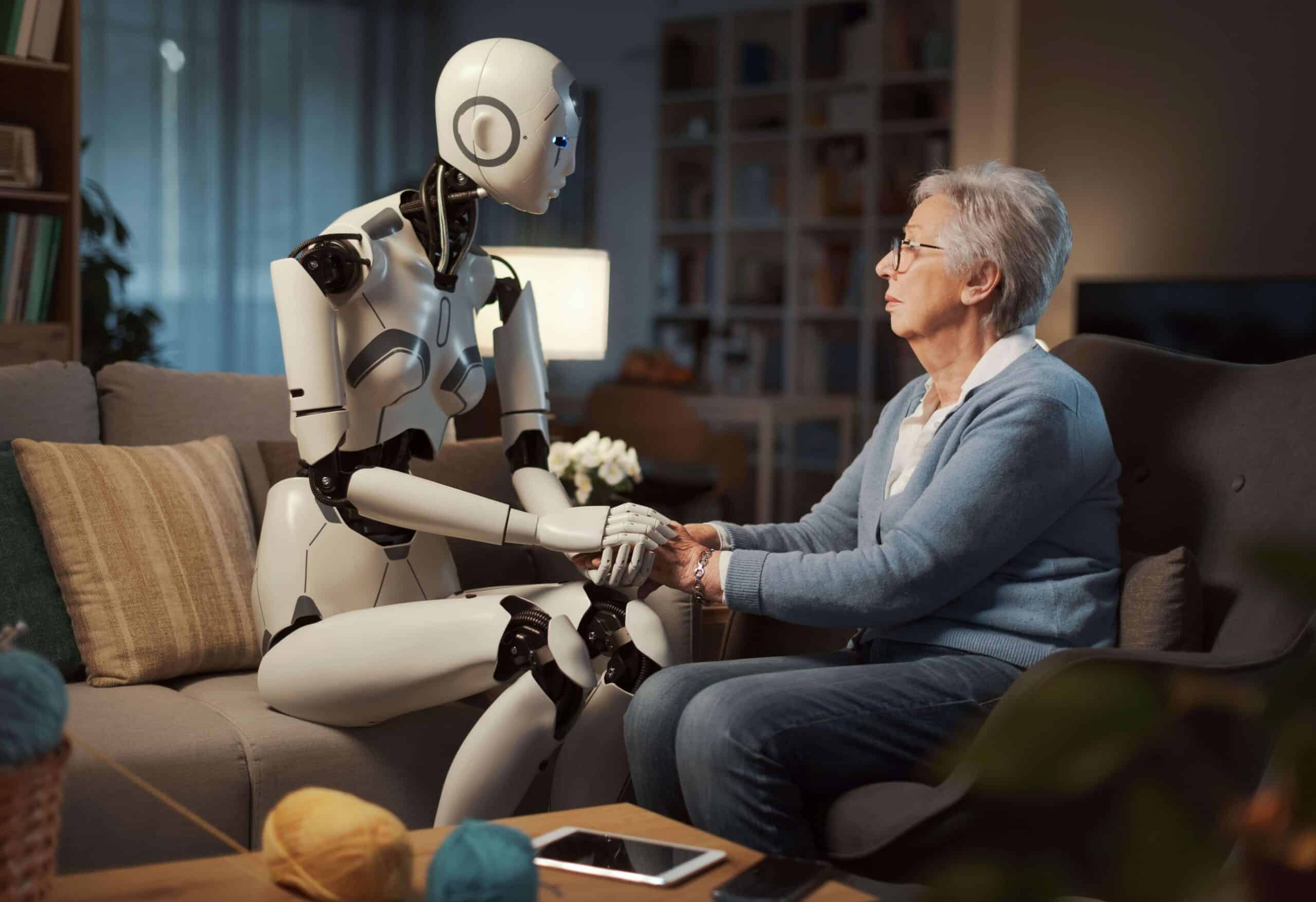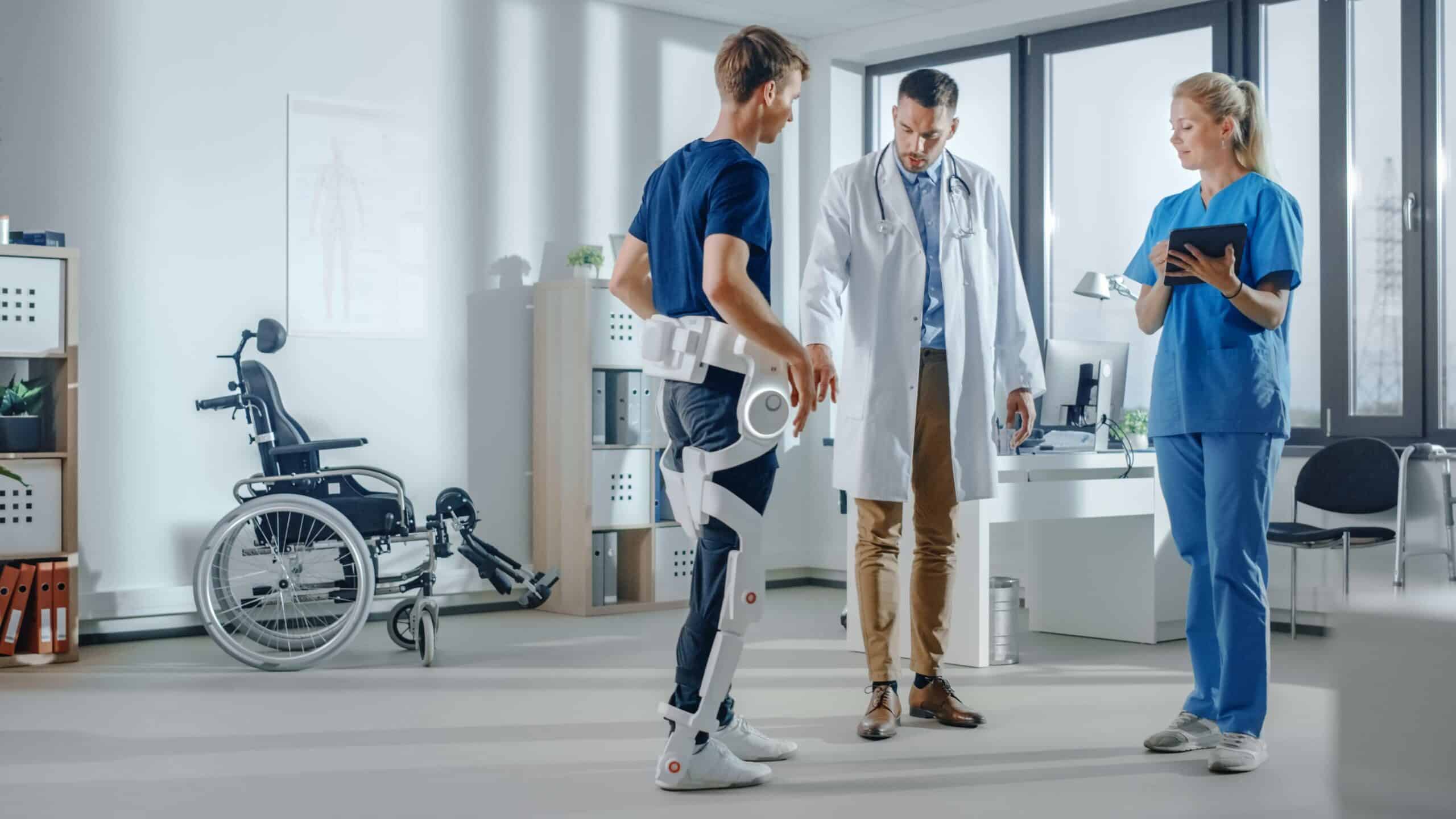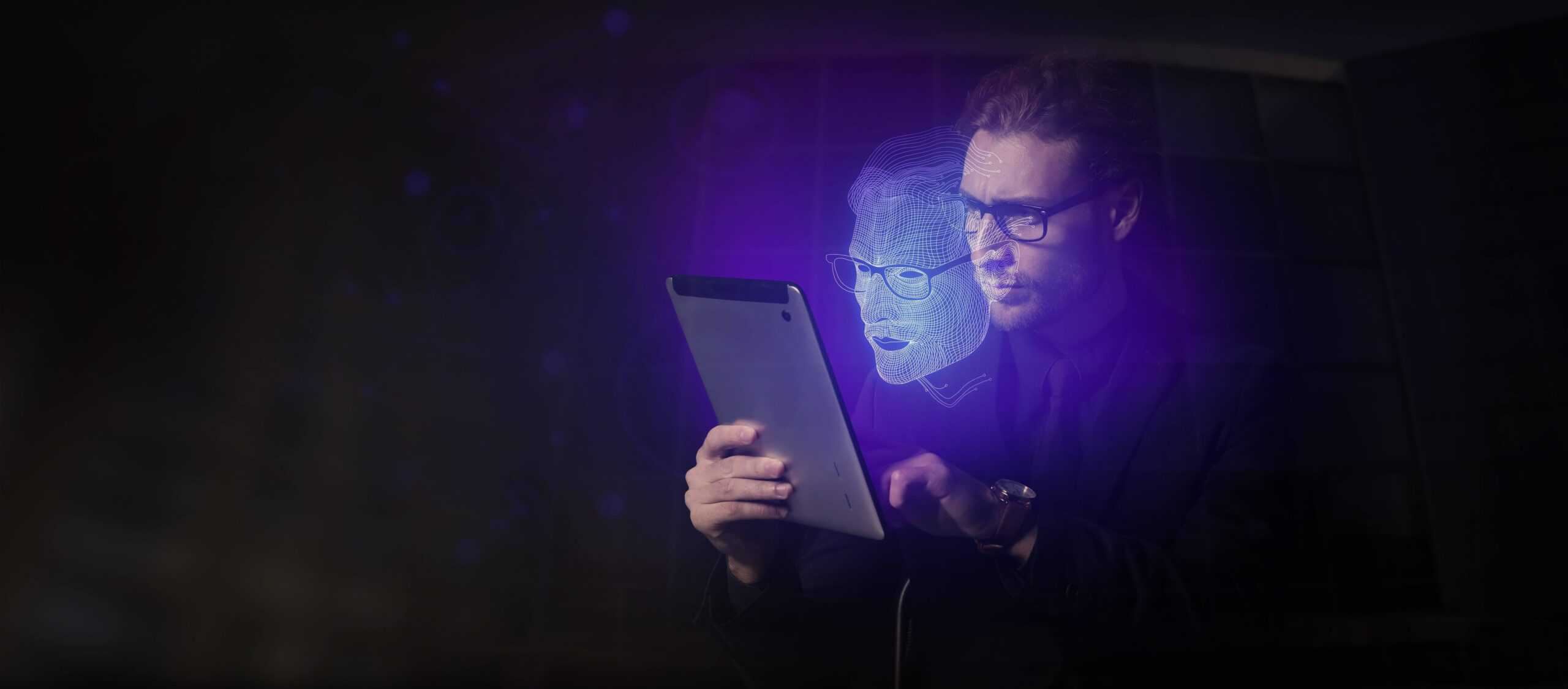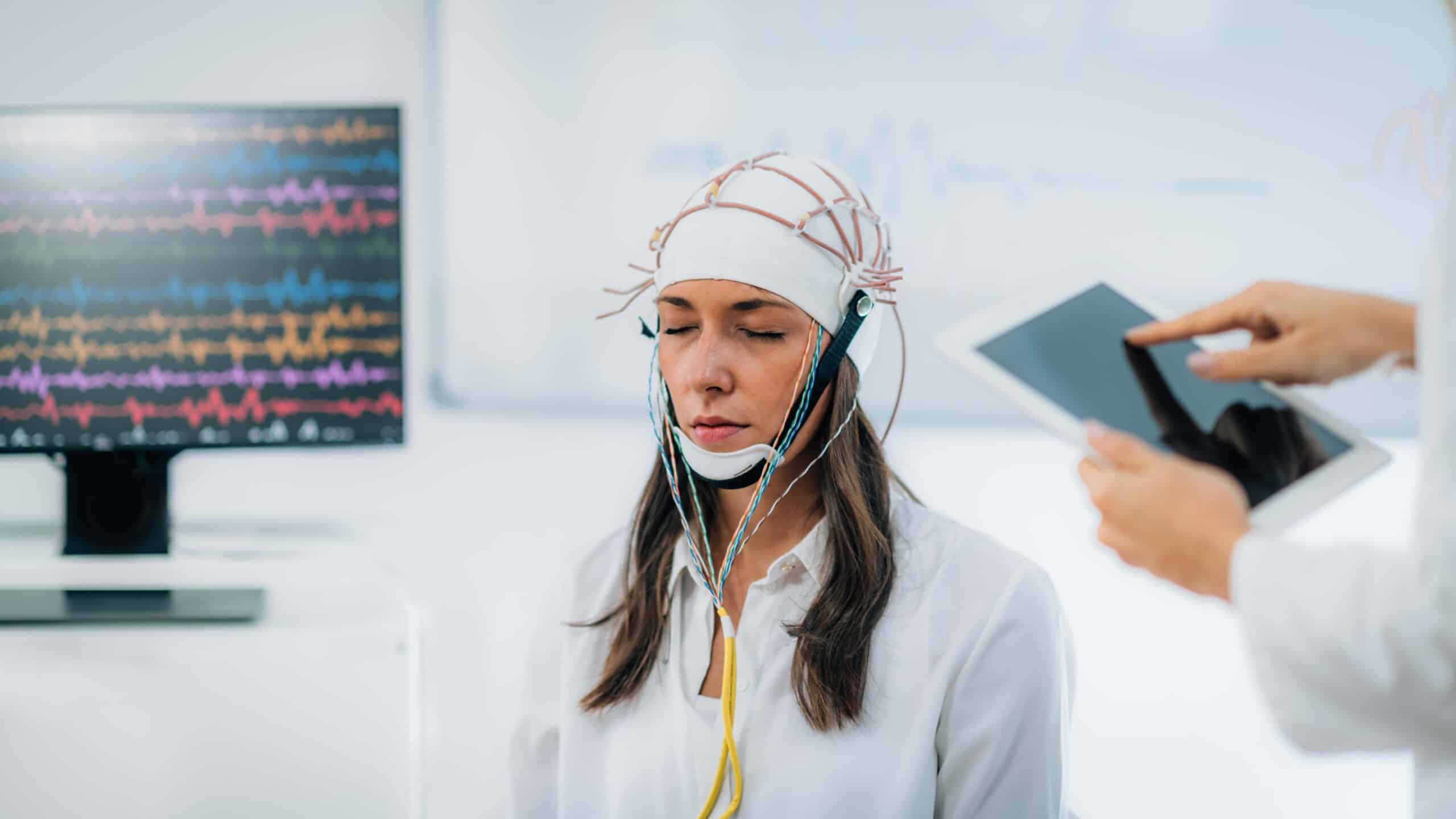- Doctor’s consultations will become a thing of the past
- Medical diagnoses generated by IBM’s Watson are more accurate than the ones you get from your GP
- Check your own heart with AliveCor
- A wakeup call for doctors and hospitals
Healthcare currently costs us nearly 100 billion – that’s 6000 euro per person. This will increase by an average of 6% per year. If we carry on the way we have up until now, many countries will be bankrupt by 2040 due to the soaring healthcare costs.
Brilliant new technology will put an end to expensive healthcare – it will be completely different to what we are accustomed to now. Think ‘preventive health care’ – tools and intelligence that help us with timely intervention and prevention of disease, ensuring optimal health. The FitBit, for instance, is a wearable that allows us to monitor our movements during our sleep and gives us information about the quality of your sleep. Another type of technology we’ll be seeing more of in the future is the Smart Pill from Medtronic, which measures different values in our intestinal tract. Another example of exciting new medical technology is the smart contact lenses, developed by Google XLab in collaboration with Novartis. These contacts can measure a diabetic’s glucose levels. It is even possible to print out medication on a 3D printer with filament from your pharmacy. ‘Preventive health care’ warns us, so that we can intervene before things go wrong.
Free trendservice
Doctor’s consultations will become a thing of the past
With all these new technologies, in 2030 we’ll no longer require a family doctor or a general hospital. The family physician often has no idea what’s wrong with us when we arrive for a consultation. In the future, real-time health updates, neatly presented on our smart mirror, will tell us when and how to start adjusting our diets, when to exercise more and when it’s time to go to the hospital.
Medical diagnoses generated by IBM’s Watson are more accurate than the ones you get from your GP
Last year, a pilot project was done whereby Watson was ‘fed’ thousands of pieces of medical data. Doctors received the same data. In 90% of cases, Watson generated the correct diagnoses. Watson contains millions of research results, receives daily updates and can compare information at incredibly high speed. In the future, technology in healthcare will enable much more accurate diagnoses than what is currently possible through human doctors.
Check your own heart with AliveCor
The technology already contributing to more efficient healthcare is AliveCor; a small portable heart monitor that’s connected to a smartphone and can generate a cardiogram within three minutes. When necessary, the cardiologist can be informed of the results. The device only costs 70 euro and is already available in several countries. Preventive health care will cause a dramatic drop in the costs of overall health care. And this is desperately needed. If the current trend persists, in 2040, many countries will no longer be able to afford the high healthcare costs. A heart patient currently costs 2,000 to 3,000 euro per visit per year – and this is only for one person! If we all start using new technology such as the AliveCor, healthcare will become much more affordable.
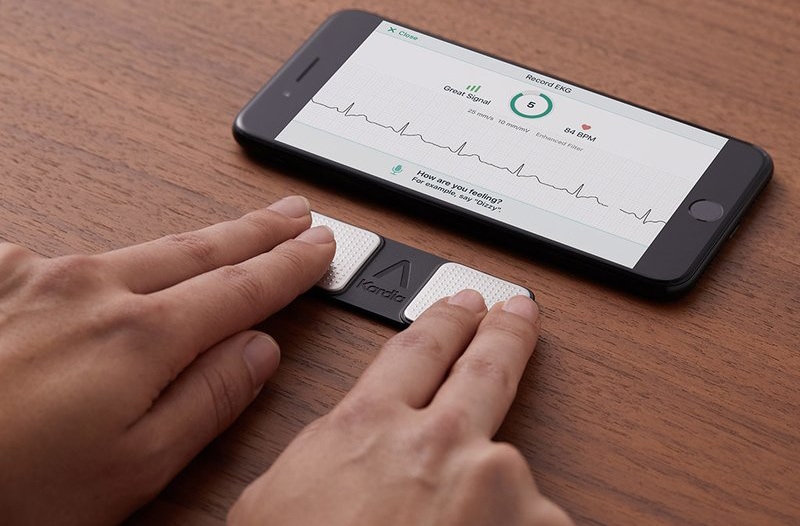
A wakeup call for doctors and hospitals
The developments are happening faster than you may think. Governments, hospitals and doctors need a wakeup call. We need to make the change to new health services and different business models. In 2025, the family physician will have disappeared and the general hospital will be 75% smaller than it is now. By that time, we’ll be able to prevent disease and heal ourselves.

